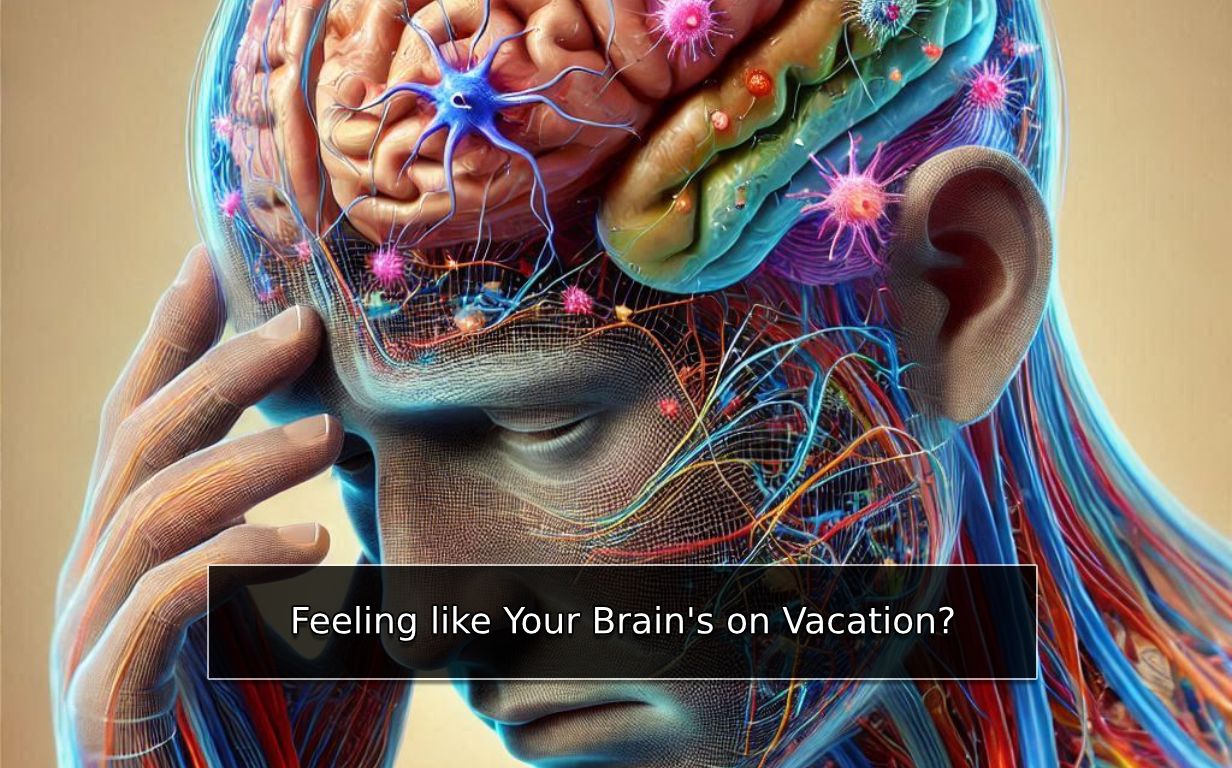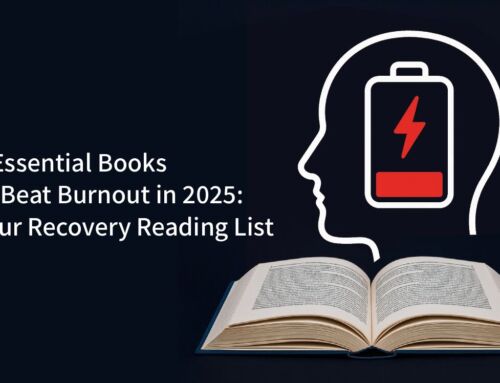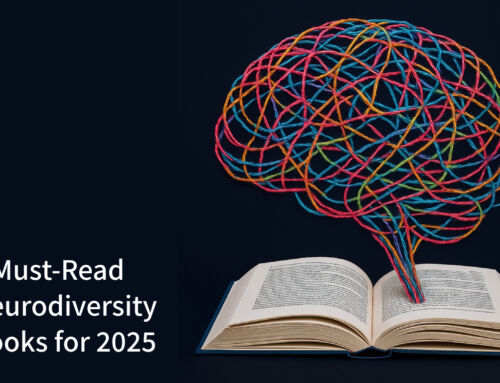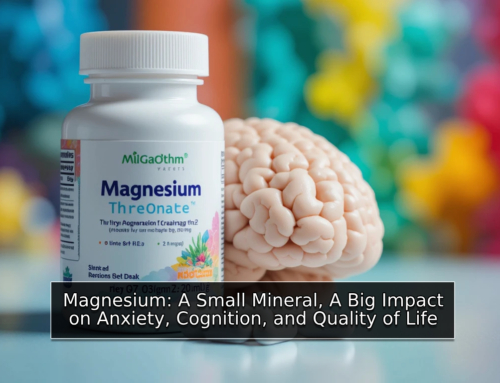Feeling like Your Brain's on Vacation?
Constantly feeling tired? Like your brain is stuck on energy-saving mode? You're not alone. Nervous system fatigue is a common issue in the modern world, impacting every aspect of our lives. Why does it happen, and what can we do to prevent it?
Nervous System Fatigue: Is Your Battery Drained?
Imagine your nervous system as a phone battery. Excessive use drains the battery, slowing down the phone. The same happens to us. Stress, lack of sleep, poor diet, and other factors can leave our nervous systems feeling drained or, in technical terms, experiencing "nervous system fatigue."
The Link Between Central and Autonomic Nervous Systems
When our central nervous system (CNS) is fatigued, meaning our brain and spinal cord are overworked or deprived of rest, it affects how our autonomic nervous system (ANS) functions. The ANS is responsible for our "fight or flight" response and other involuntary functions like heart rate, breathing, digestion, and sweating.
Why Does This Happen?
The exact relationship between CNS fatigue and ANS changes is still being studied, but several theories exist:
- System Overload: When the CNS works hard, it may neglect regulating the ANS.
- Hormonal Imbalance: Fatigue can alter hormone levels, affecting ANS activity.
- Inflammation: Chronic inflammation can impair both CNS and ANS function.
Common Causes of Nervous System Fatigue
- Stress: Chronic stress is a major enemy of the nervous system. It releases stress hormones like cortisol and adrenaline, disrupting normal brain function.
- Sleep Deprivation: Sleep is when our brains recover. Chronic sleep deprivation can lead to fatigue, difficulty concentrating, and mood swings.
- Poor Diet: Diets high in sugar, saturated fats, and processed foods can cause blood sugar fluctuations and affect mood and energy levels.
- Insufficient or Excessive Exercise: Both a lack of exercise and excessive exercise can lead to fatigue.
- Medical Conditions: Chronic illnesses, hormonal disorders, and nutrient deficiencies can contribute to nervous system fatigue.
The Impact on Neurotransmitters: The Chemistry of Mood
Nervous system fatigue affects neurotransmitters, brain chemicals that transmit messages between nerve cells. For example, low serotonin levels, known as the "happiness hormone," are linked to depression and low energy. Low dopamine levels, associated with the reward system, can cause lack of motivation and fatigue.
CBT and ACT: Tools for Brain Rehabilitation
Cognitive Behavioral Therapy (CBT) and Acceptance and Commitment Therapy (ACT) can help manage nervous system fatigue. CBT teaches us to identify and change negative thought and behavior patterns, while ACT helps us accept our thoughts and feelings and act in accordance with our values.
Practical Steps for a More Energized Life
- Adequate Sleep: Maintain a consistent sleep schedule, create a comfortable sleep environment, and avoid screens before bed.
- Healthy Diet: Consume foods rich in protein, complex carbohydrates, vitamins, and minerals.
- Regular Exercise: Find a physical activity you enjoy and incorporate it into your daily routine.
- Stress Reduction: Practice relaxation techniques like meditation, deep breathing, and yoga.
- Professional Help: If you're struggling, don't hesitate to seek ACT or CBT therapy.
Conclusion: The First Step to a More Energized Life
Nervous system fatigue is a complex condition with significant impacts on our quality of life. However, there are many tools available to address this issue. Lifestyle changes, cognitive-behavioral therapy, acceptance and commitment, and medication (if necessary) can help restore our energy and improve our lives.
Note: This information is for informational purposes only and is not a substitute for professional medical or psychological advice. The information presented here is based on scientific research and clinical experience but does not constitute a recommendation for specific treatment. Each individual is unique, and the most appropriate treatment will be determined by a healthcare professional.
Contact now
Ready to take the first step towards positive change? Contact me now for more information and to schedule an appointment. Whether you prefer in-person sessions in Tel Aviv or virtual meetings via Zoom, my integrated approach of Cognitive Behavioral Therapy (CBT) and Acceptance and Commitment Therapy (ACT) can help you break free from struggles and find greater fulfillment in life. I'll be sure to get back to you as soon as possible. Let's embark on this transformative journey together!
Call Whatsapp 052-2325511
Or fill out the following form.
Can ACT and CBT assist you or your loved ones?
Welcome to my therapy practice, where I offer a powerful combination of Cognitive Behavioral Therapy (CBT) and Acceptance and Commitment Therapy (ACT) techniques. CBT is a goal-oriented, short-term approach that's highly effective for anxiety, depression, low self-confidence, and more. ACT complements CBT, helping you navigate life's challenges and find fulfillment and authentic, happier life.
If you're struggling with anxiety, depression, low self-image, or facing setbacks, CBT combined with ACT may be the key to transforming your life. Break free from the struggle and take a step towards a happier, more fulfilling life.
Contact me today to schedule an appointment and embark on your journey of positive change. You don't have to face it alone; I'm here to support you every step of the way. Let's work together to create the life you deserve!





